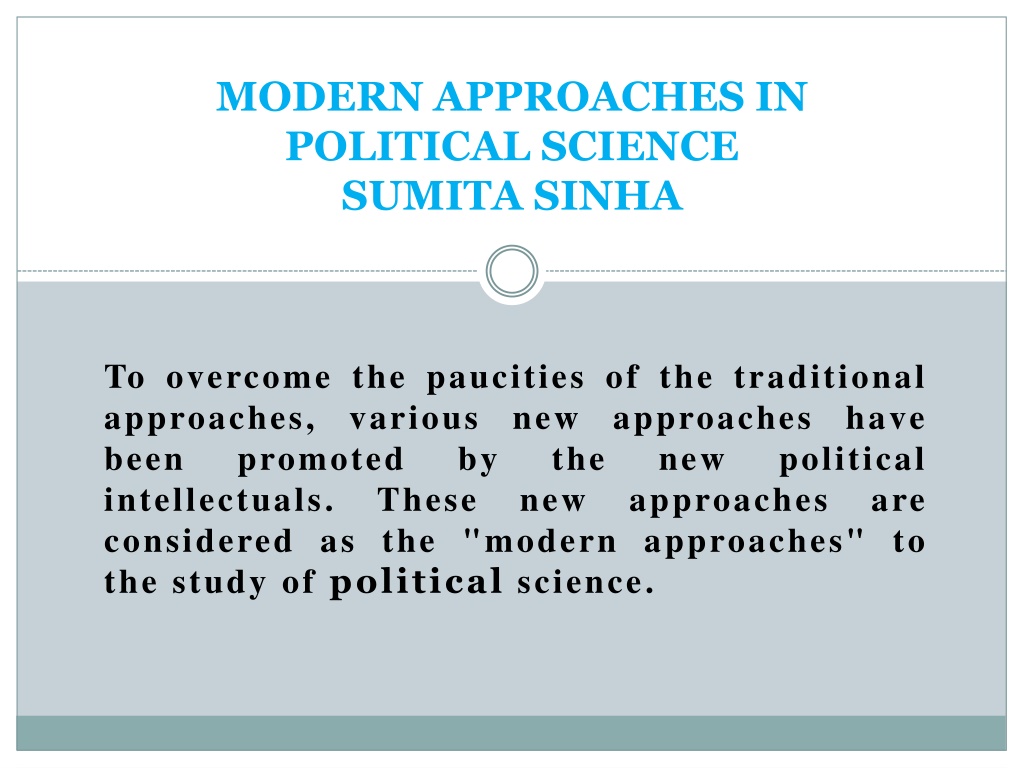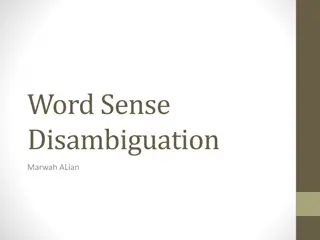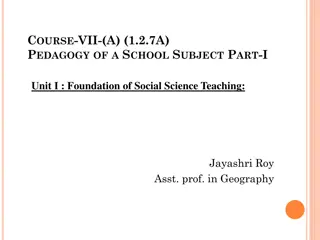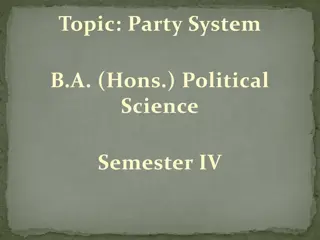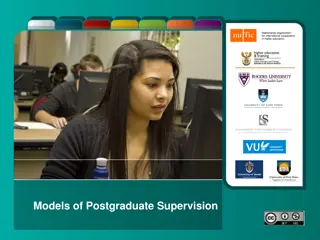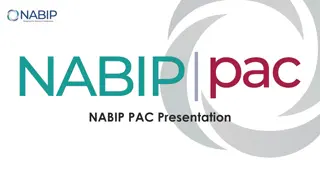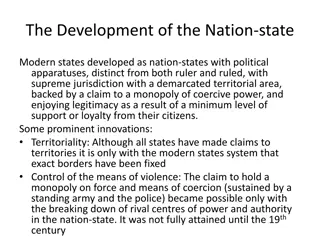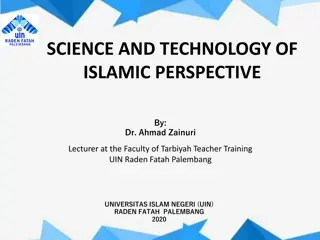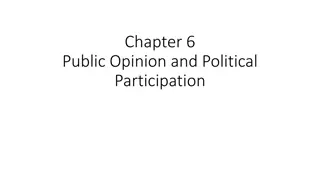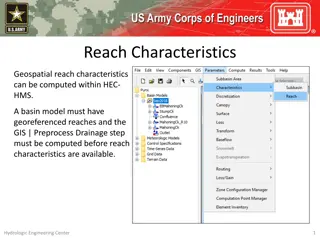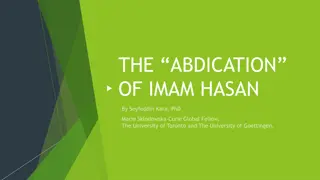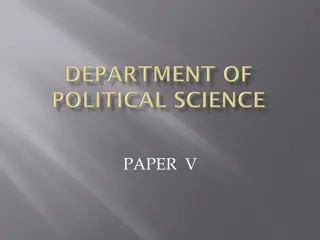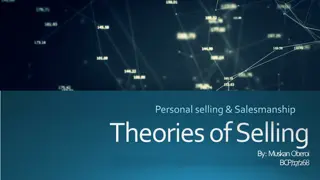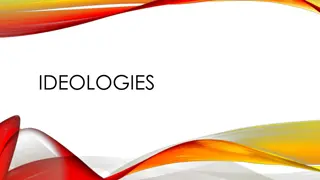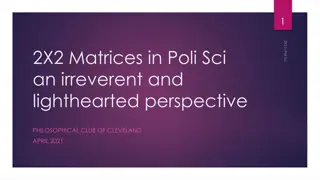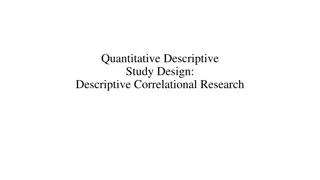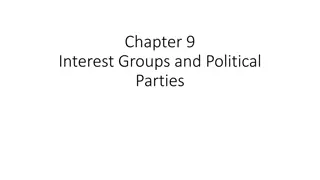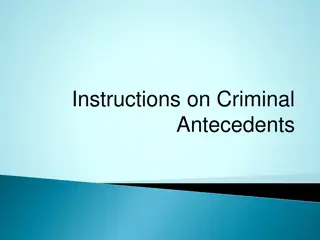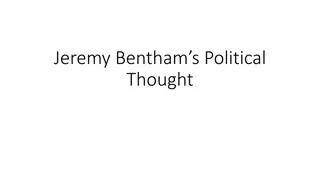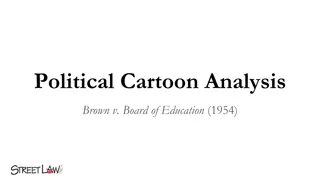Modern Approaches in Political Science: Overview and Characteristics
Explore modern approaches in political science pioneered by intellectuals to address the limitations of traditional methods. These approaches emphasize empirical data, interdisciplinary study, and scientific methods to draw conclusions beyond political structures and historical analysis. Key modern approaches include the Political Economic Approach, System Approach, and Behavioral Approach, each contributing unique perspectives to the study of politics.
Download Presentation

Please find below an Image/Link to download the presentation.
The content on the website is provided AS IS for your information and personal use only. It may not be sold, licensed, or shared on other websites without obtaining consent from the author. Download presentation by click this link. If you encounter any issues during the download, it is possible that the publisher has removed the file from their server.
E N D
Presentation Transcript
MODERN APPROACHES IN POLITICAL SCIENCE SUMITA SINHA To overcome the paucities of the traditional approaches, various new been promoted by intellectuals. These considered as the "modern approaches" to the study of political science. approaches new approaches have the political new are
CHARACTERISTICS OF MODERN APPROACHES These approaches draw conclusion from empirical data. These approaches go beyond the study of political structures and its historical analysis. Modern Approaches believe in inter-disciplinary study. They stress scientific methods of study and attempt to draw scientific conclusions in Political Science.
POLITICAL ECONOMIC APPROACH Economics and politics are vital arenas of social science and in several respects, they are closely related. In the prospectus of universities of India and many other countries a few decades ago, economics and political science established a single subject which suggests the close relationship between the two. This signifies that in the study of politics, economics has great importance.
SYSTEM APPROACH The notion of Systems Theory was emerged from ancient time, dates back to 1920s, Ludwig Von Bertallanfy is considered as the earliest advocate of the general systems theory. This approach describes the relationship of political life with other aspects of social life. The idea of a system was initially borrowed from biology by Talcott Parsons who first promoted the concept of sucial system. After Talcott Parsons, David Easton further developed the concept of a political system.
BEHAVIOURAL APPROACH Behaviouralism is considered as contemporary approach to the study of political science. But this approach was emerged during 20th century. Behaviouralism stresses upon scientific, objective and value-free study of the political occurrences as conditioned by the environment, firmly the behaviour of the individuals involved in that phenomena.
STRIKING FEATURES OF BEHAVIOURALINM Regularities 1. Verification 2. Techniques 3. Quantification 4. Values 5. Systematization 6. Pure Science 7. Integration 8.
ADVANTAGES OF BEHAVIOURAL APPROACH This approach attempts to make Political Science as a scientific method Behaviouralism has bought human behaviour into the arena of Political Science This approach helps in predicting future political events
CRITICISM This approach has been mainly criticized for its dependence on techniques and methods and ignoring the subject matter.
STRUCTURAL FUNCTIONAL APPROACH Gabriel Almond was an advocate of this approach. He described political systems interaction that exists in all societies performing certain functions. as a special system of Like Easton, Almond also believes that all political systems perform input and output functions.
INPUT FUNCTIONS OF POLITICAL SYSTEMS Political Socialization and Recruitment. Interest-Articulation. Interest-Aggression. Political Communication.
OUTPUT FUNCTIONS OF POLITICAL SYSTEMS Rule making. Rule application. Rule adjudication.
Thank You Thank You
